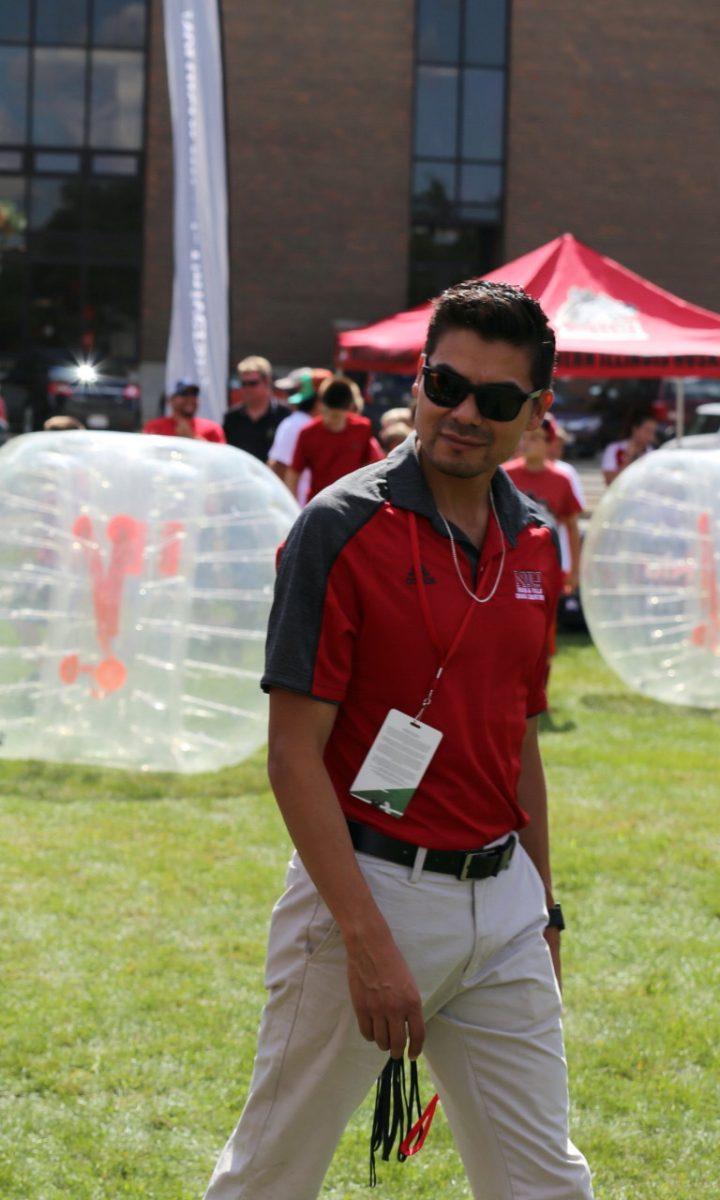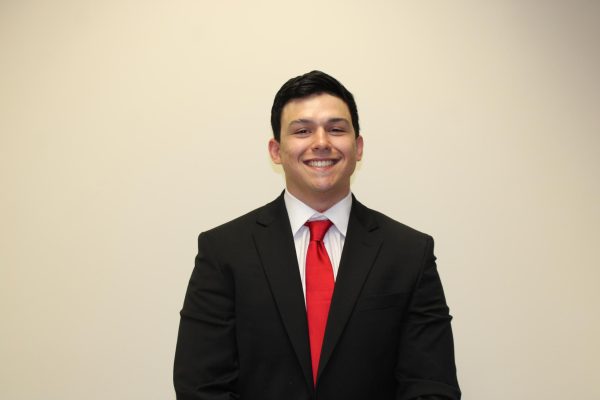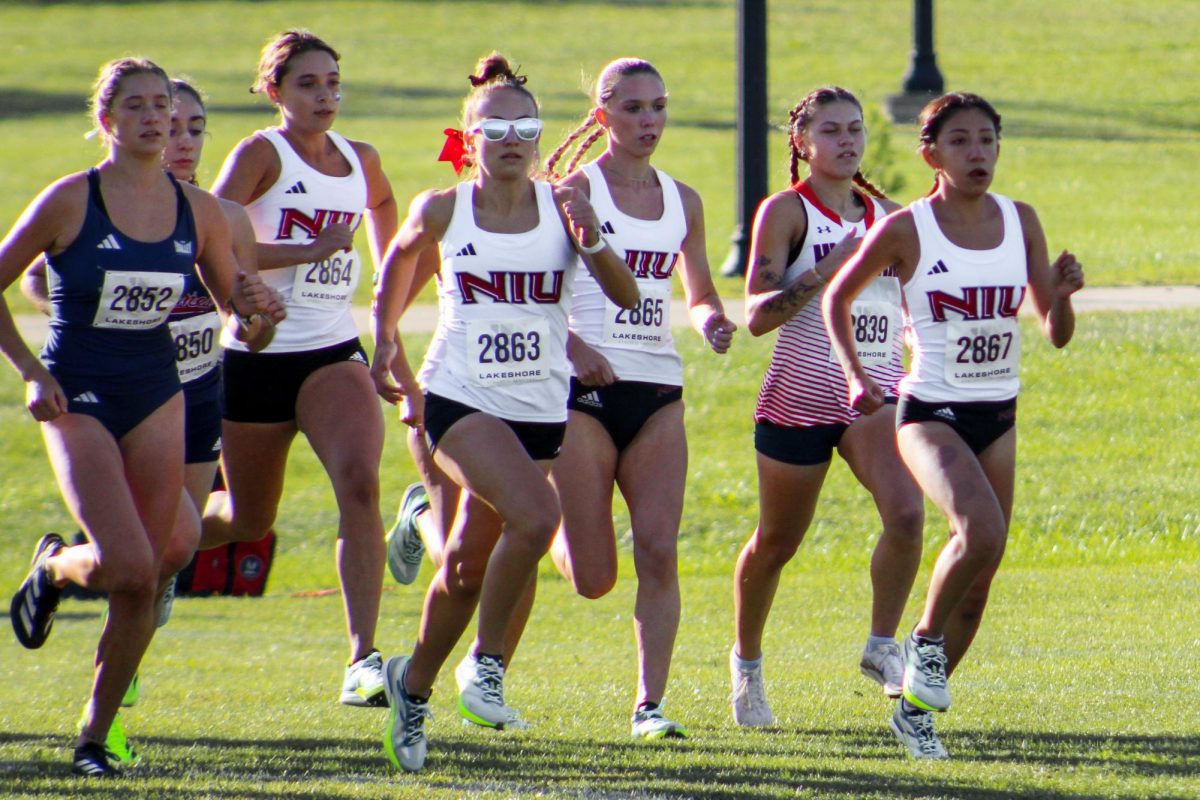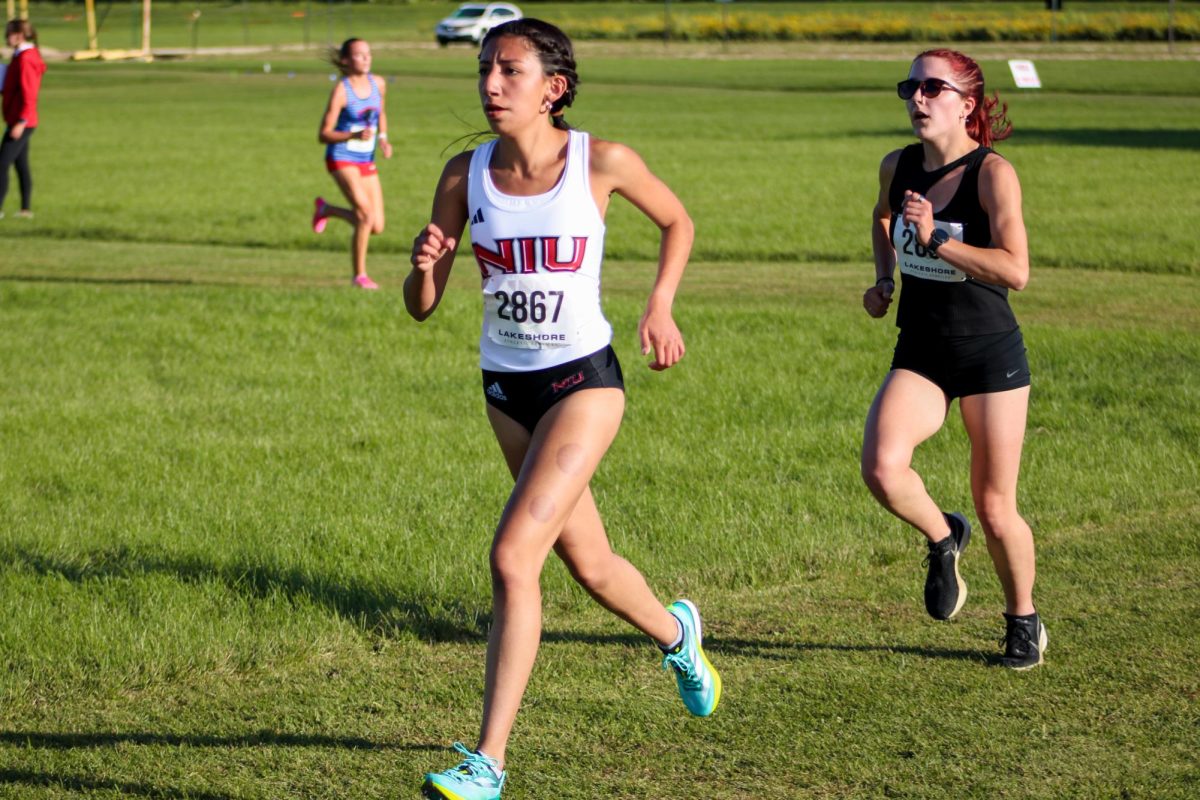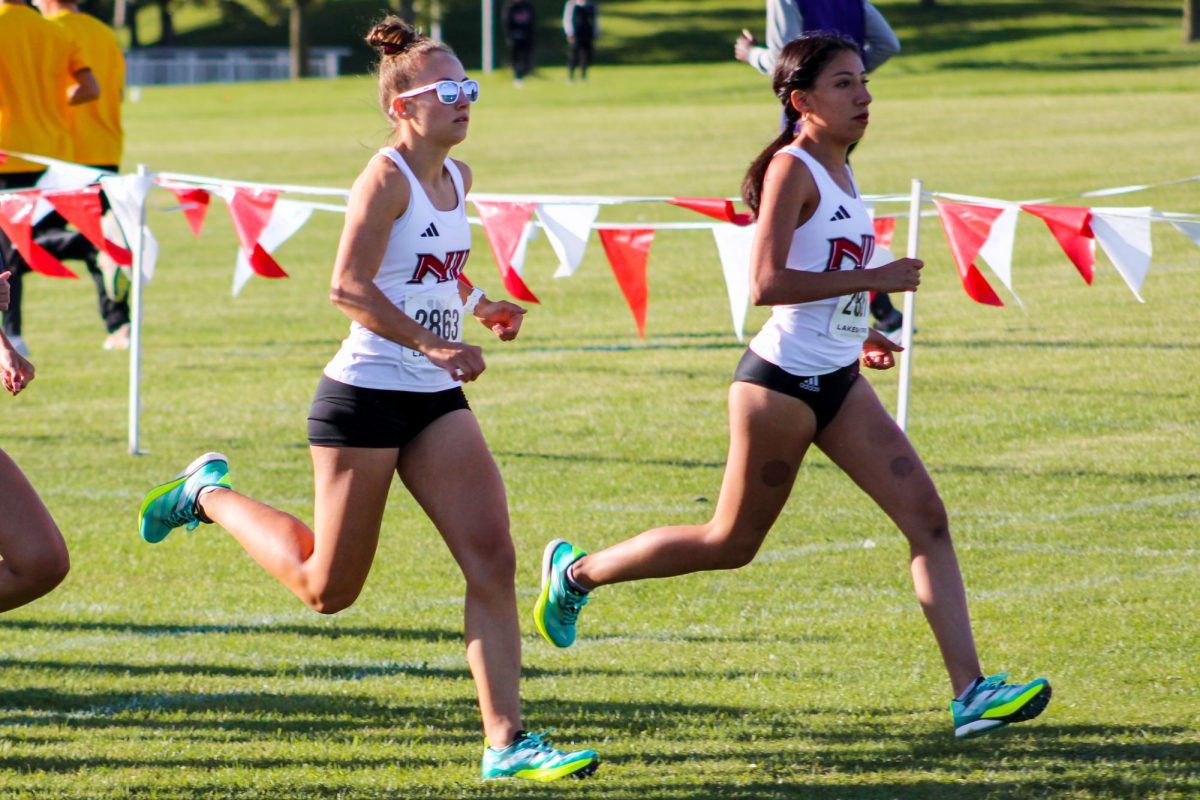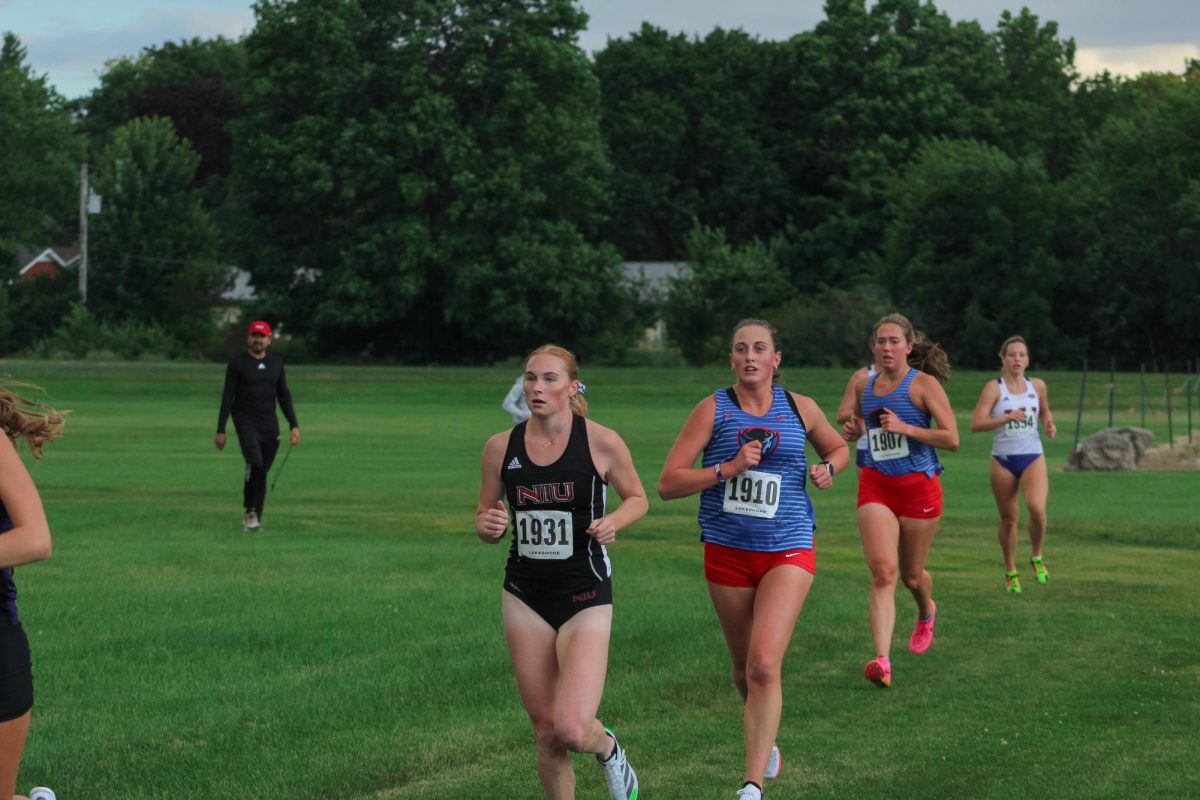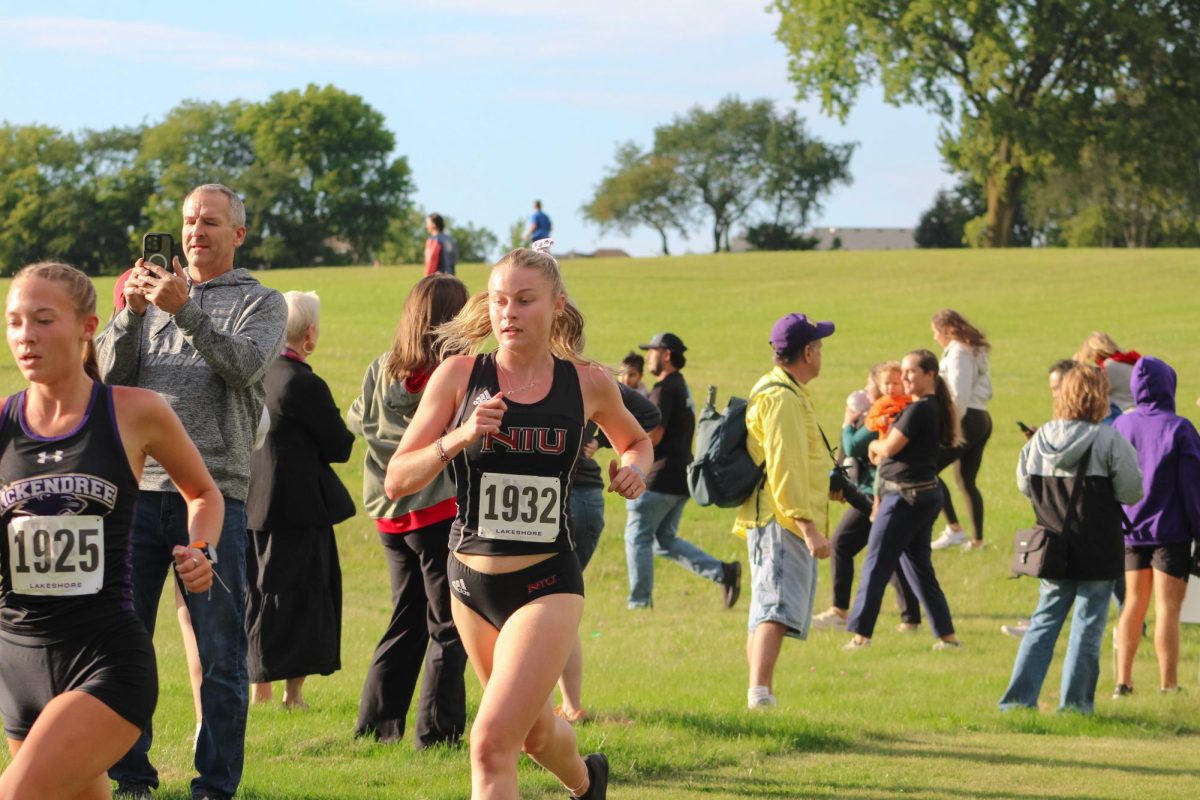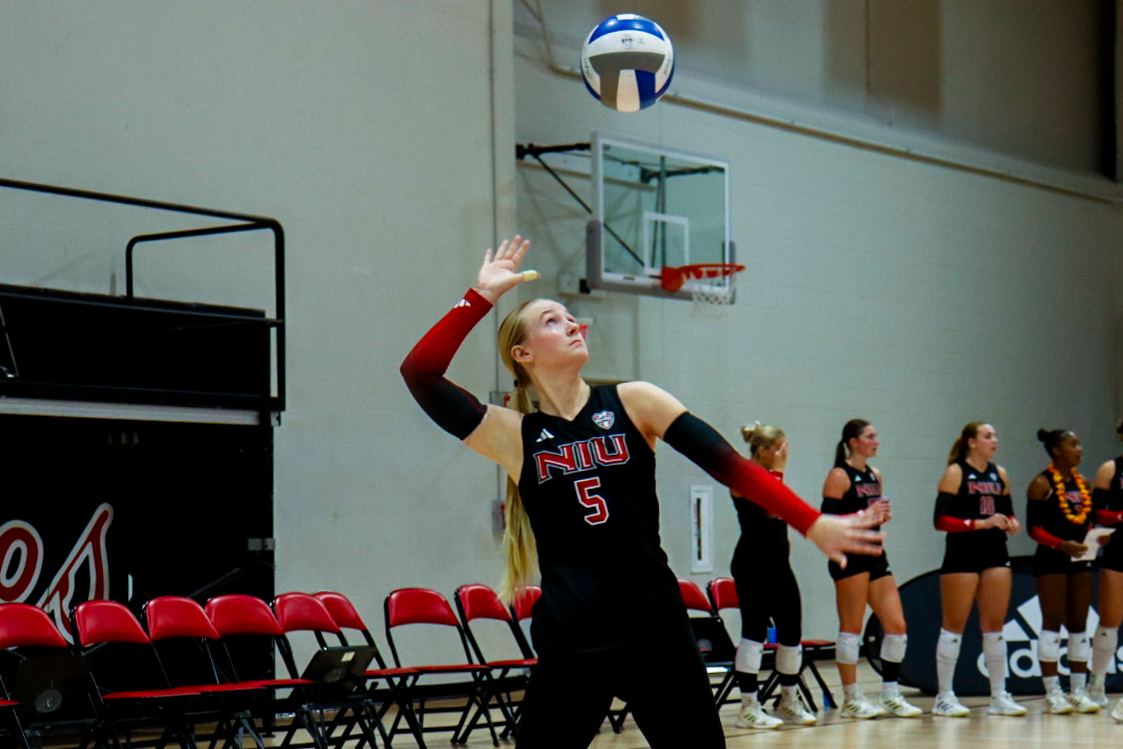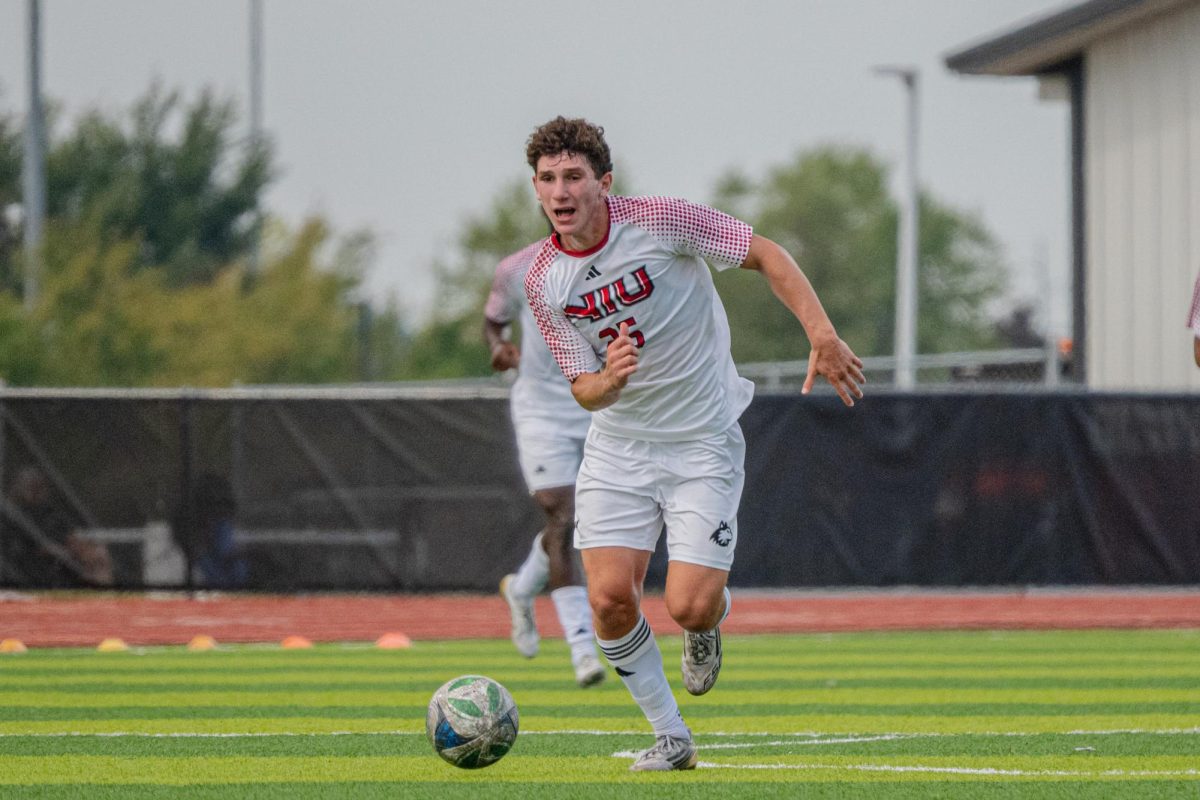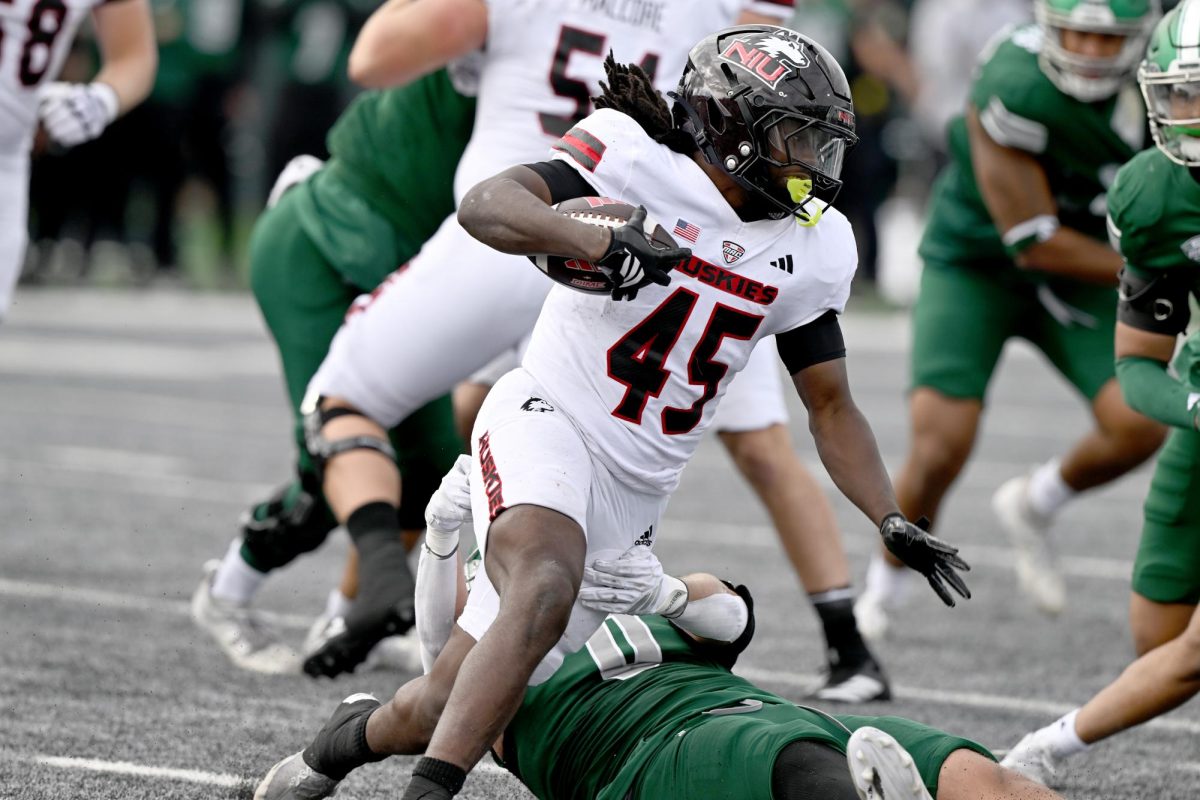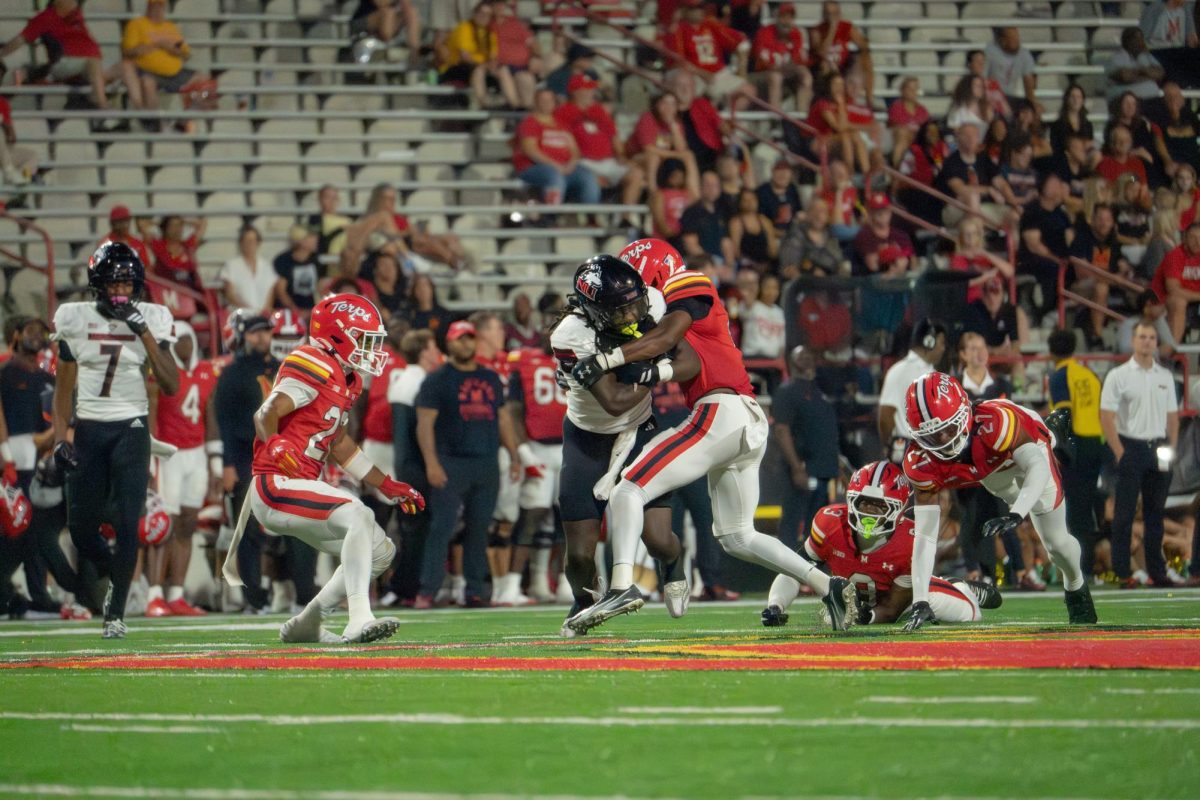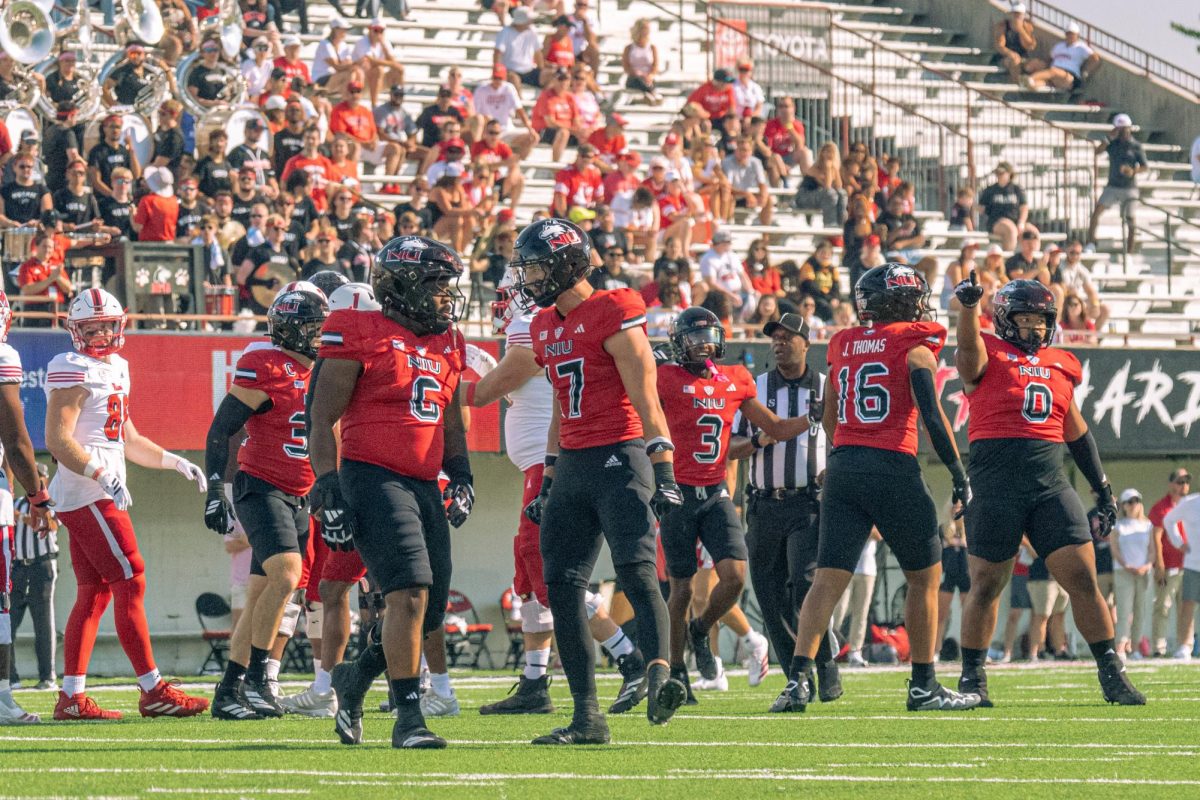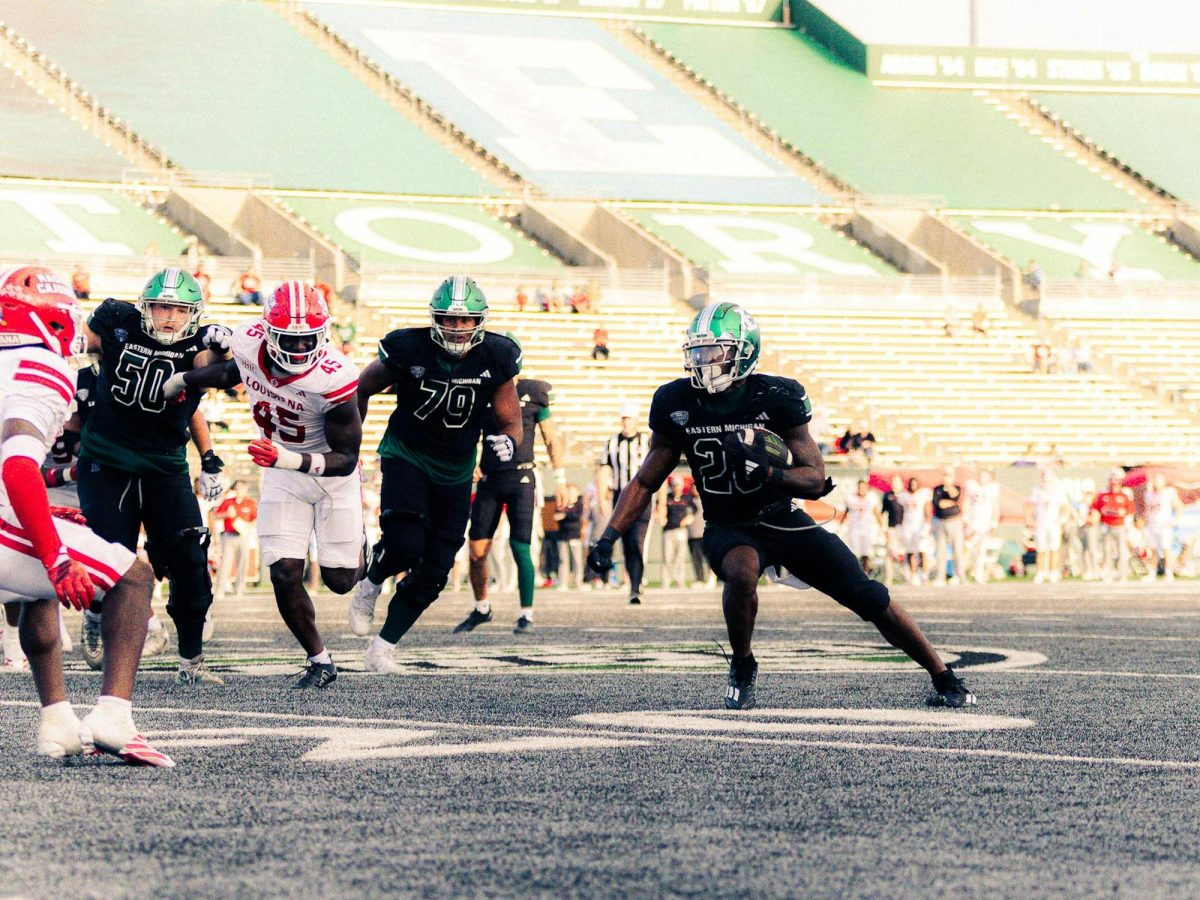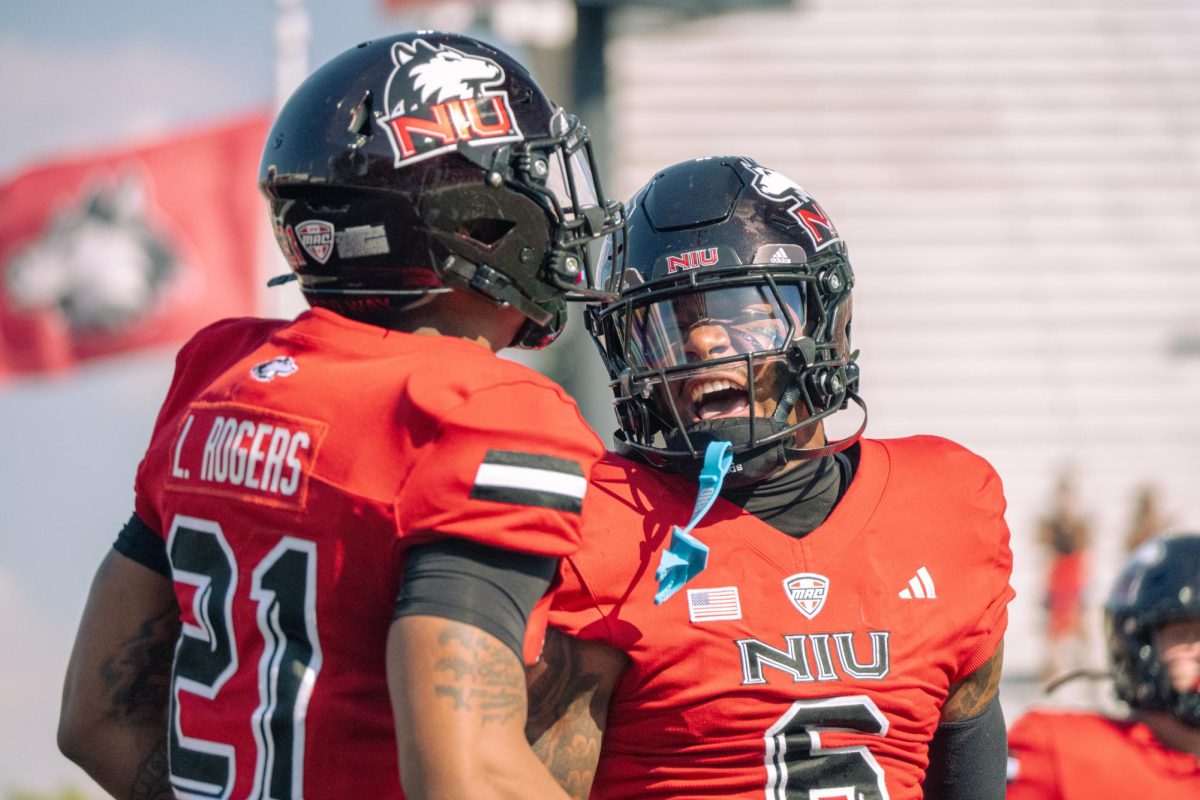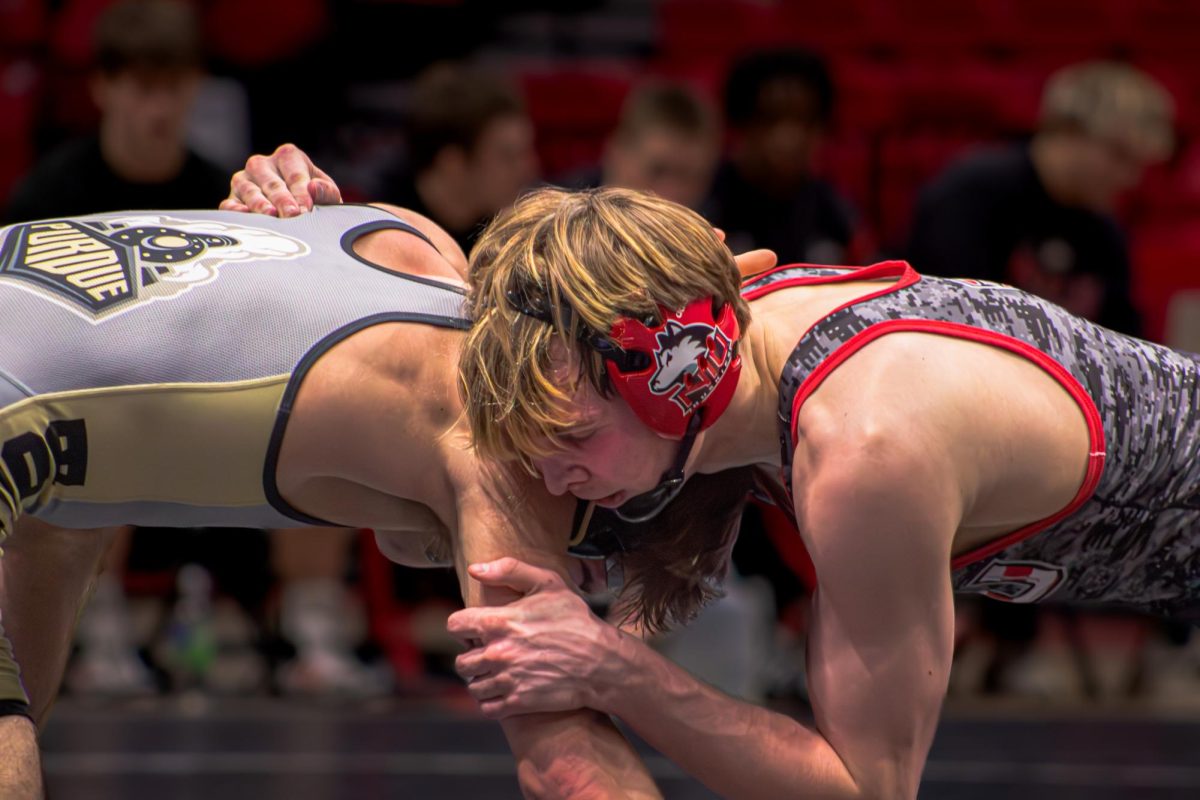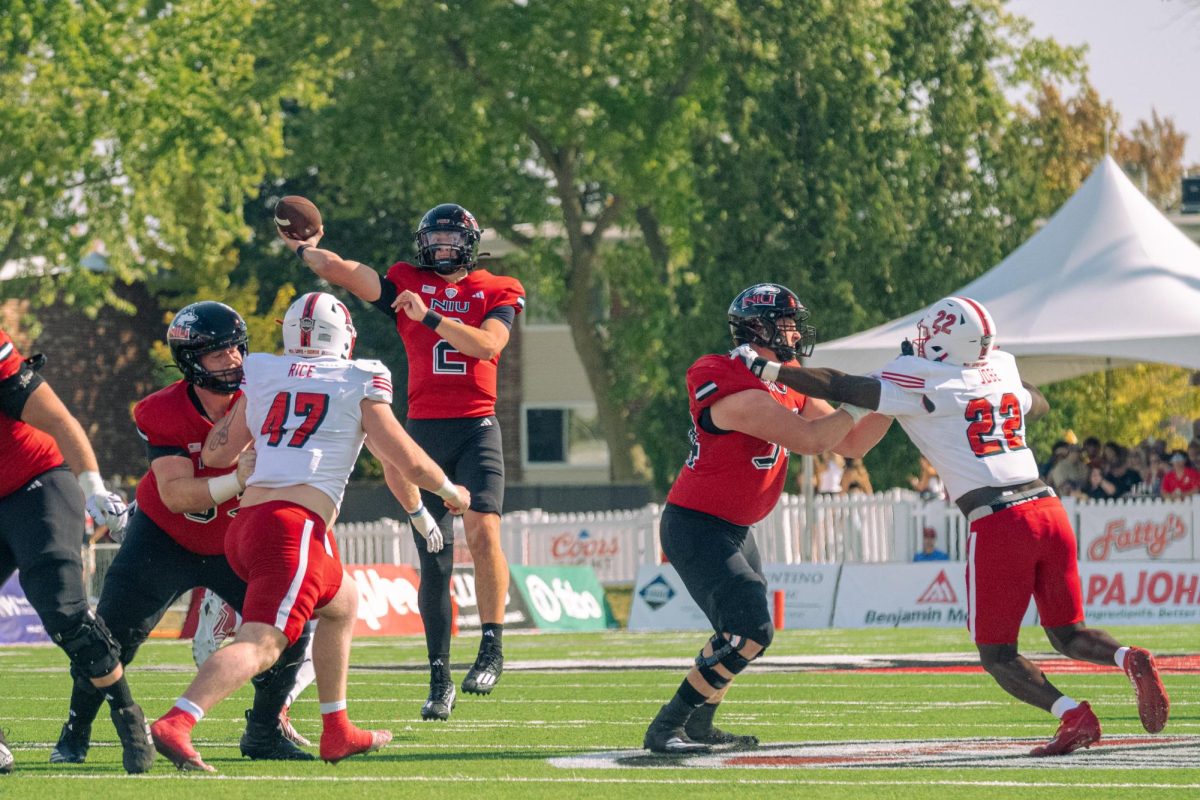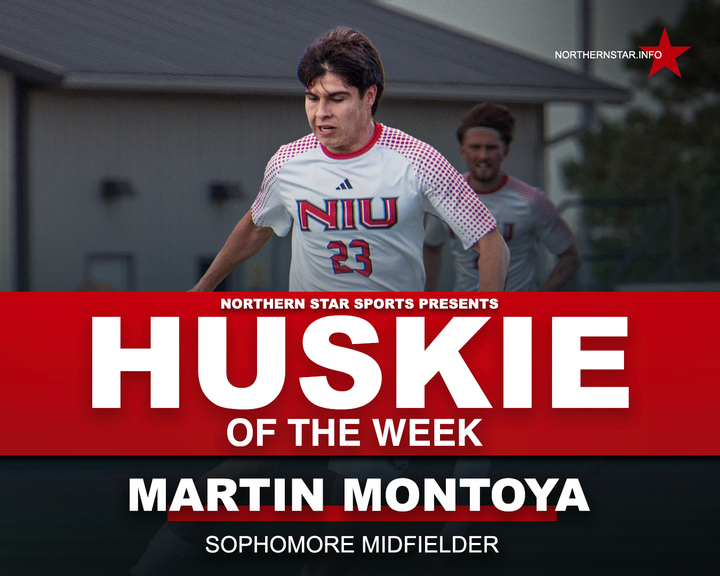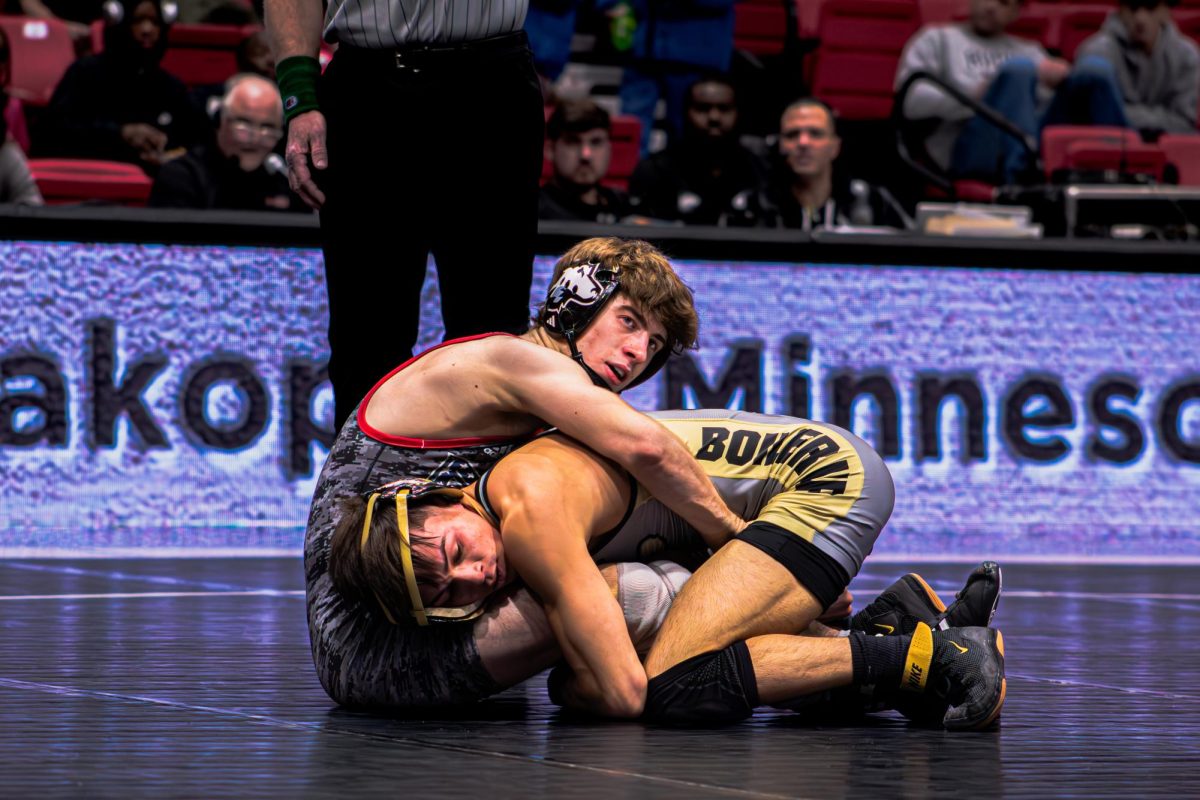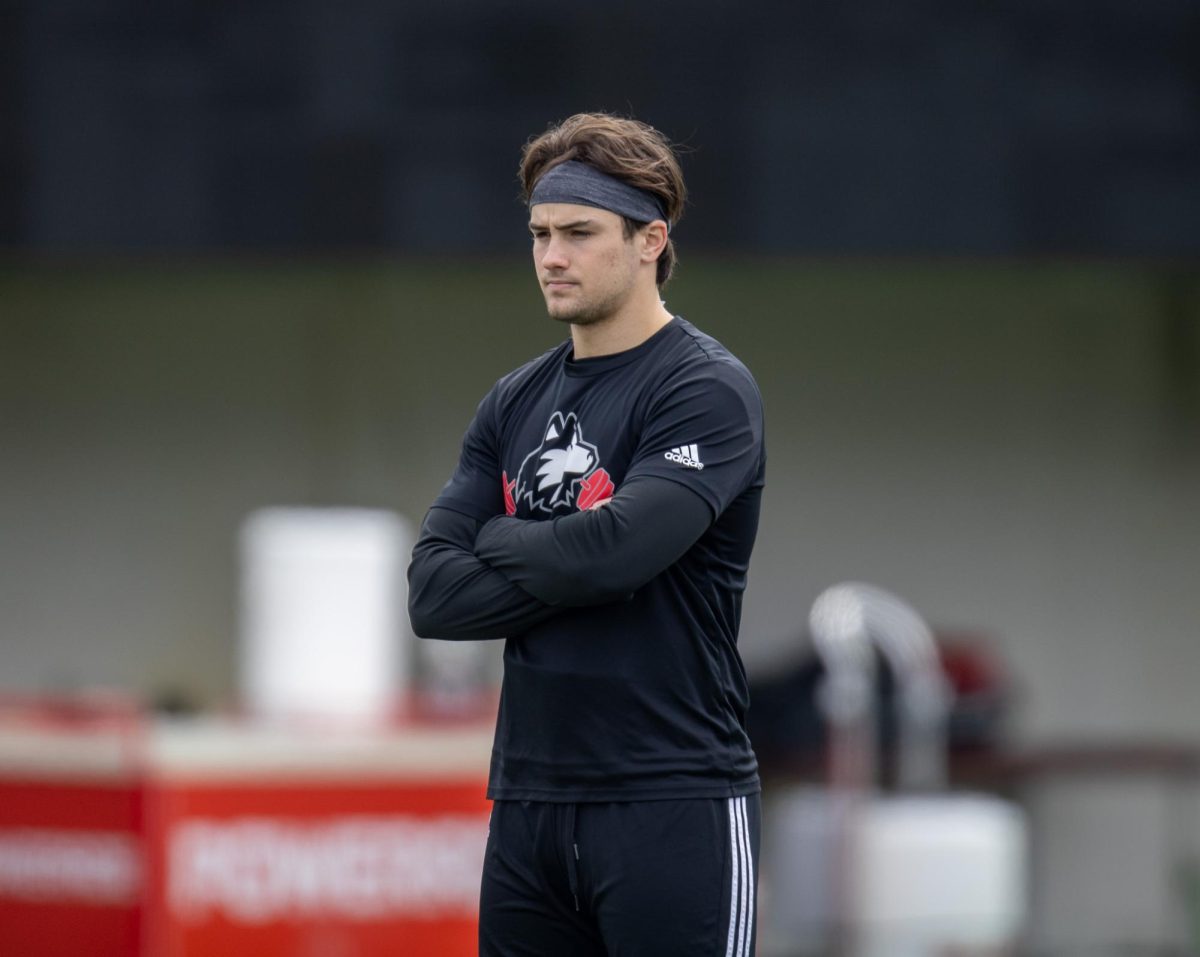11 years ago, NIU cross country head coach Juan Carrillo was immersed in a pursuit of one of the ultimate achievements in all of sports: Olympic contention.
Fast forward to the present, Carrillo has amassed a wealth of coaching experience, achieved remarkable successes at various institutions and now holds the honor of head coach of a Division I program.
CARRILLO AS AN ATHLETE
Carrillo spent a great deal of his youth immersed in his passion for track & field. At Argo Community High School in Summit, Carrillo qualified for the IHSA AA State Championship in cross country and track & field.
After graduating from high school, he competed at South Suburban College where he qualified for the NJCAA National Cross Country Championships in 2001 and 2002 before transferring to Lewis University.
At Lewis, Carrillo was a member of two Great Lakes Valley Conference cross country teams in 2002 and 2004 and one indoor track and field championship team in 2003.
Post-graduation, Carrillo was sponsored by the New York Athletic Club from 2006 to 2007 and was a member of Mexico’s Track and Field All-National team from 2008 to 2012.
Through Carrillo’s personal journey, he not only gained insights into qualities that contribute to an athlete’s success but also the importance of camaraderie, resilience and determination.
“Competing at that (Olympic) level at a time just teaches you how to be disciplined, how to work for goals, individual goals and how to be driven,” Carrillo said. “You know, how to be a great teammate, how to be a coachable athlete.”
COACHING PHILOSOPHY
Through his college running career and brief stints as a volunteer and assistant coach, Carrillo crafted his own coaching philosophy that he applies to his work today.
At the core of Carrillo’s coaching philosophy lies teamwork and camaraderie. He recognizes that team success goes beyond individual performances and understands that not all athletes are created equal.
“Some kids want to be All-American, some kids want to be top-seven as a team,” Carrillo said. “You’re coaching personalities, you’re coaching individuals, and you got to find out what works for them individually.”
Carrillo advocated for an incremental approach to goal setting, emphasizing the importance of taking one step at a time and focusing on daily and weekly progressions.
“You really have to take it week by week doing all the little things and just having little goals in between,” graduate student runner Emma Planck said. “Sometimes he mentions things that you don’t maybe even believe that you can do. But he has a lot of faith in that in the program and in his training, and he does it little by bit, then you start to trust yourself.”
A COACH THAT CARES
Carrillo’s impact on his athletes extends beyond coaching strategy and race preparation; he seeks to prepare his athletes for life after graduation.
Planck shared how she and her teammates’ passion for the sport waned after last season. She discussed how Carrillo’s arrival reshaped their enthusiasm and love for the game.
“I think a lot of us were just very tired from the year before and very exhausted,” Planck said. “We had lost a lot of the love we had for the sport. So, it’s been really great to have someone come in – and you can tell that they genuinely care about your well-being, and they just want you to have fun.”
Fifth-year runner Katelyn Robbins emphasized the compassion and integrity that Carrillo dedicates to his athletes, highlighting his calm demeanor and belief in their abilities.
“A very calm presence. He has a calm confidence knowing that we can do it, which is just nice in races. He’s not stressed, which then allows me to not be stressed that he very much believes in what we’re capable of,” Robbins said. “There’s never a doubt, he never doubts us in our abilities.”
With the regular season behind them and the impending MAC Championship and NCAA Midwest Regional in sight, Carrillo said he prioritizes his athletes’ success in the classroom over their performance in the two most crucial competitions of the season.
“Graduate, that’s a big one,” Carrillo said. “We’re students first and athletes second. There’s a very small percentage that some of them are going to make the pros. They can be professionals in their other fields when they graduate.”


